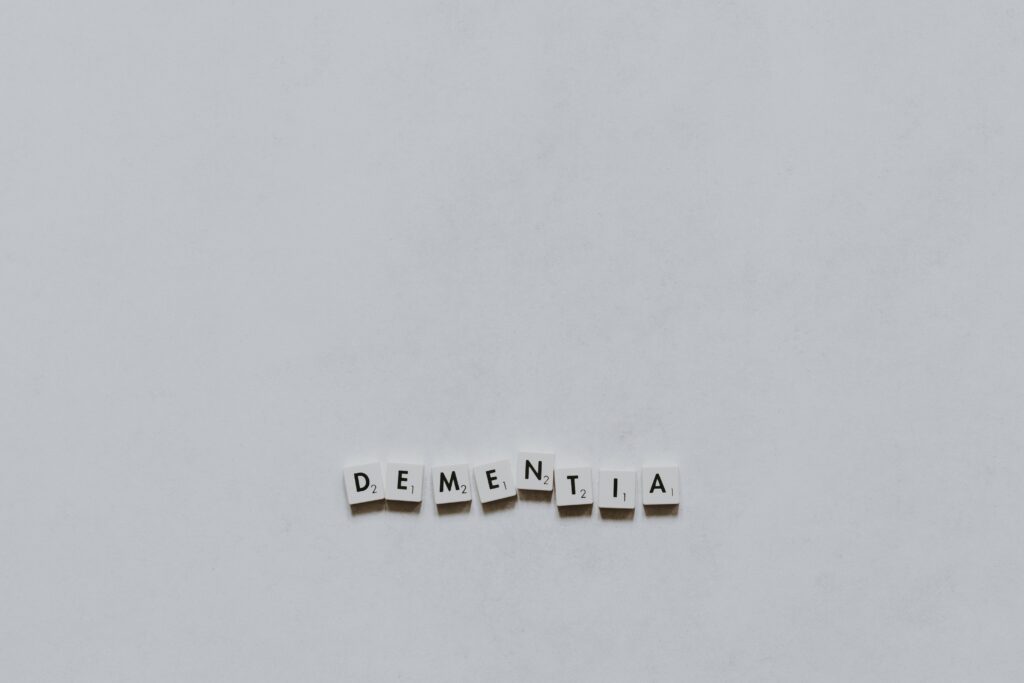
Dear Attorney Tully: I don’t really have a question. I enjoy your column and would like it if you could enlighten your readers about early Alzheimer’s. My husband was 58 years old when he was diagnosed. The road after that was long and hard. I wish I could have met an attorney like you at that time. We lost a lot of money needlessly and I didn’t apply for programs that could have saved us thousands of dollars. My husband recently died, and my retirement will not be the same, emotionally or financially. Please let your readers know that options are available.
ANSWER: Thank you and consider it done. There are many programs to help individuals and families both financially and emotionally with an early diagnosis of Alzheimer’s. It is important to get professional help when Alzheimer’s or dementia is suspected or diagnosed.
The youngest known diagnosis of Alzheimer’s was age 28. While it is very rare to develop the disease this young, what’s considered Young Onset (also called Early Onset) Alzheimer’s is when someone develops the disease before the age of 65. It is estimated that only about 5% of the approximately 5 million Alzheimer’s disease cases were diagnosed under age 65.
Alois Alzheimer was credited with identifying the disease first, and that case was a woman who was 51 years old. Now remember, dementia isn’t always Alzheimer’s disease. Sometimes it’s caused by Huntington’s, Frontotemporal Lobe damage, or Lewy Body Disease, which are all often mistaken as Alzheimer’s, though doctors are now pretty adept at identifying the differences and not just lumping them into the Alzheimer’s category.
I like to focus on helping caregivers enjoy the time they have with their loved ones who have the disease and protect their assets, so they live the rest of their lives with dignity. We can’t spend our lives worrying about what might happen, but we do have the choice to respond positively when something like this does happen. However, it is quite important to physicians, as there are differing medications that can make a significant impact in a person’s medical treatment. What is very important is to know that a person with Alzheimer’s is still a person, and you can still have a relationship with them regardless of their age or disability. In addition, it is very important as a concerned party that you take care of yourself- and one of the best ways to do that is to get involved in a caregiver support group. If you’re looking for a support group, give my office a call (888)583-8838. We can help get you in touch with the right people to take care of yourself.





